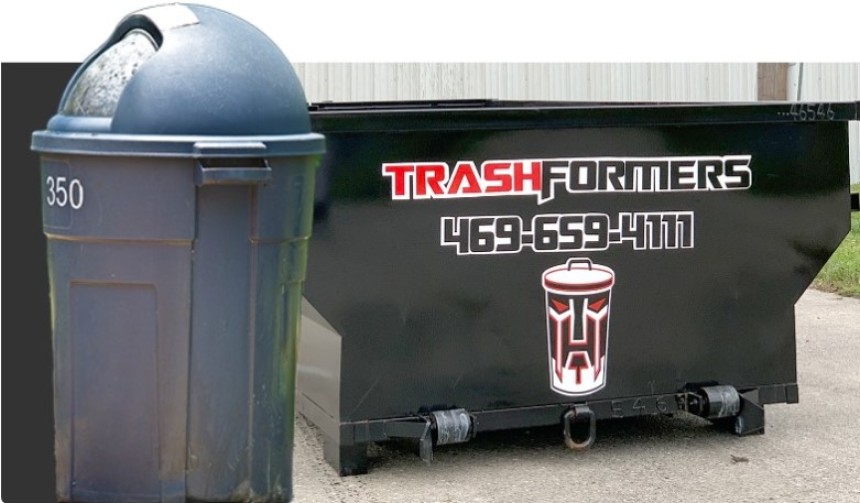Complete Guide to Taking Care of Your Mechanical Watch
Discover the complete guide to taking care of your mechanical watch. Learn essential maintenance tips to keep your timepiece running smoothly for years to come!
A mechanical watch is more than just a timepiece; it is a blend of craftsmanship, precision, and timeless design. Unlike digital watches, mechanical watches rely on a system of gears and springs to keep time. This means they require regular maintenance to function properly. Taking proper care of your mechanical watch ensures that it remains accurate and lasts for years to come.
This guide will explain the basics of mechanical watches, how to maintain them, and how to handle common issues. By following these simple steps, you can keep your watch in excellent condition.
A mechanical watch operates without a battery. Instead, it uses a mainspring to store energy, which is gradually released through a series of gears to move the hands of the watch. There are two main types of mechanical watches:
- Manual Watches – Require daily winding to keep running. The wearer must turn the crown to wind the mainspring, which stores energy for the watch’s movement.
- Automatic Watches – Wind themselves as long as they are worn. A rotor inside the watch moves with the motion of your wrist, keeping the mainspring wound.
While both types work without a battery, they require regular servicing and care to function properly.
Mechanical watches contain many tiny moving parts. Over time, the lubrication inside the watch can dry out, and dust or dirt can enter the mechanism, affecting its accuracy. Regular maintenance helps:
- Keep the movement accurate
- Prevent internal parts from wearing out
- Protect the watch from environmental damage
- Extend the lifespan of the timepiece
By following a few simple care routines, you can ensure that your mechanical watch remains in great condition.
Even with good care, mechanical watches can develop problems. Here are some common issues and how to fix them:
- Running Too Fast or Slow – The watch might be magnetized or need a full wind. If the problem persists, a watchmaker can regulate it.
- Stopping Suddenly – The watch may need winding or a professional cleaning.
- Crown Not Turning Properly – If it feels stuck, do not force it. A professional should inspect it.
- Moisture Inside the Watch – Water can damage the movement. If you notice condensation under the crystal, take it for servicing immediately.
- Unusual Noises or Loose Parts – If the watch rattles, stop wearing it and have it checked by an expert.
Regular servicing can help prevent these issues and keep your watch running smoothly.
To ensure your mechanical watch remains in good shape, follow these daily care tips:
Cleaning Your Watch- Wipe your watch daily with a soft, dry cloth to remove dust and fingerprints.
- Use a soft brush to clean the strap or bracelet.
- If your watch is water-resistant, you can clean it with a slightly damp cloth, but avoid exposing it to excessive water.
- Even if your watch is water-resistant, avoid exposing it to water unnecessarily.
- Keep your watch away from extreme heat and cold, as sudden temperature changes can affect its accuracy.
- When not in use, store your watch in a cool, dry place.
- Use a watch box or pouch to protect it from dust and scratches.
- If you have an automatic watch, consider using a watch winder to keep it running when not worn for long periods.
Magnetic fields from electronic devices, speakers, and MRI machines can affect mechanical watches. To maintain their accuracy, keep them away from strong magnetic fields.
Properly winding and setting your watch is essential for its performance. Here’s how to do it correctly:
Winding Your Watch- Manual Watches – Turn the crown slowly in a clockwise direction until you feel resistance. Do not overwind.
- Automatic Watches – If the watch has stopped, turn the crown a few times to get it running. Wearing it regularly keeps it wound.
- Pull the crown to the time-setting position.
- Turn the crown forward (clockwise) to set the correct time.
- Push the crown back to its original position to ensure it is sealed properly.
Tips:
- Wind your watch at the same time each day for consistency.
- Avoid setting the date between 9 PM and 3 AM, as this is when the date-change mechanism is engaged.
Just like a car, a mechanical watch needs periodic servicing to keep it running well. It is recommended to have your watch serviced every 3–5 years by a professional watchmaker. Regular servicing includes:
- Cleaning and lubricating the movement
- Checking for worn-out parts
- Ensuring water resistance (if applicable)
- Regulating the timekeeping mechanism
Servicing your watch on time helps prevent costly repairs and extends its lifespan.
For those who want to go the extra mile in maintaining their mechanical watch, here are additional tips:
Regularly Inspect the Watch- Check for any scratches, dents, or signs of wear.
- Ensure the crown and pushers function properly.
- Look for any signs of moisture under the crystal.
If you own multiple automatic watches and don’t wear them daily, a watch winder can help keep them running. This prevents lubricants from settling and keeps the movement active.
- Avoid dropping or shaking the watch excessively.
- Remove your watch before engaging in physical activities or sports.
- Always secure the clasp or buckle properly when wearing it.
- When traveling, use a protective watch case.
- If flying, keep your watch in your carry-on to avoid damage from rough handling of checked baggage.
A mechanical watch is not just about telling time; it is a work of art. The craftsmanship, engineering, and history behind each piece make it a prized possession. Unlike digital or quartz watches, mechanical watches have a soul, making them timeless heirlooms that can be passed down through generations.
A well-maintained mechanical watch is a timeless piece that can last for generations. Whether you own a manual or automatic watch, proper care ensures it remains accurate and reliable.
If you are looking for a high-quality mechanical watch, explore Sylvi’s collection. Our watches combine precision, durability, and style, making them perfect for everyday wear or special occasions. Find your perfect timepiece at Sylvi today!




